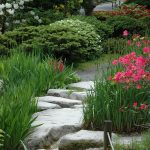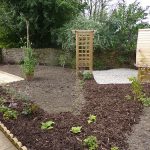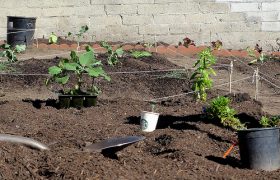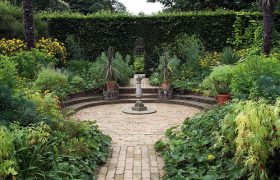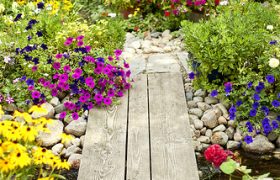For the best organic garden, choose plants that do best in your type of soil and climate. Plants that have adapted to a specific type of environment have a better chance to thrive without much fuss in that environment. These plants will also save you time in maintenance because they are naturally hardy.
Knowing the layout of your yard and what kind of soil you have can greatly improve your gardening experience. By knowing this, you can figure out what seeds will work with your current yard or if you need to create a different environment around your planting preferences. Different plants require different nutrients, so plan accordingly.
If you want to keep your garden free of pests, start with healthy soil! The hearty plants that will grow in a garden with rich soil can resist the bugs and diseases that weak plants can’t withstand. Begin with a high-quality soil with less chemicals to avoid salt accumulation, and you give your garden an excellent chance of growing healthy plants.
If your tomato plants have long branches that are not flowering or producing fruit, go ahead and pinch them off. It won’t hurt the plant, but will actually help. Pruning back the branches that are not producing fruit, allows the plant to focus its energy and nutrients on producing larger and more flavorful fruit.
If you have a compost pile, but have very few leaves to add to it this fall, try incorporating straw or hay into your compost pile. This is a great way to add carbon which is very beneficial to the growth and health of plants. The straw and hay may contain seeds, so it is best to use an organic weed spray on your compost pile to get rid of the unwanted weeds.
Apply baking soda and water to your plants regularly. Just mix the two ingredients in a spray bottle and mist the leaves of your plants. This mixture acts as a natural anti-fungal treatment. Harmful pesticides can be avoided if you use a baking soda mixture at least twice a week.
Since you are doing a type of “green” gardening by growing an organic garden, be aware of water conservation. If you want to increase the water conservation of your garden, try seeking out drought-resistant plants. These tend to have silver-colored leaves, deeper taproots and smaller leaves. You can also use succulents since they can resist dry weather.
Compost plants at the end of the season to strengthen the next season’s crop. The plants you have been harvesting all season are still full of rich nutrients that will be highly beneficial to your compost stock. The key is not to waste any part of the plant that is available.

